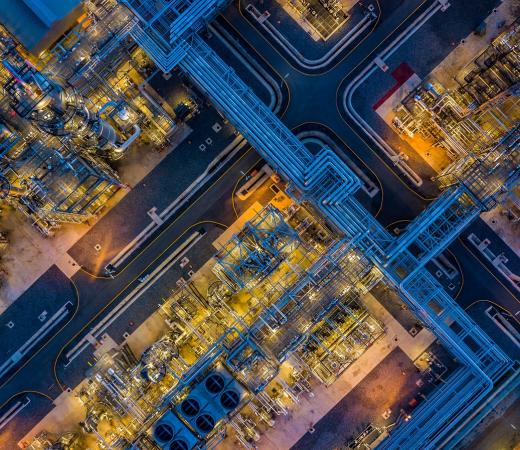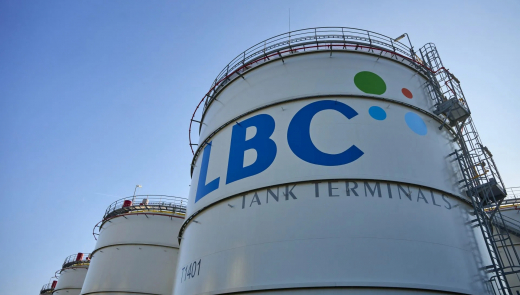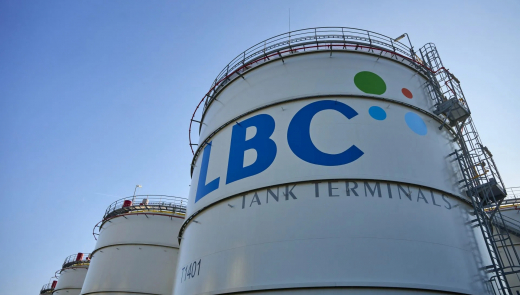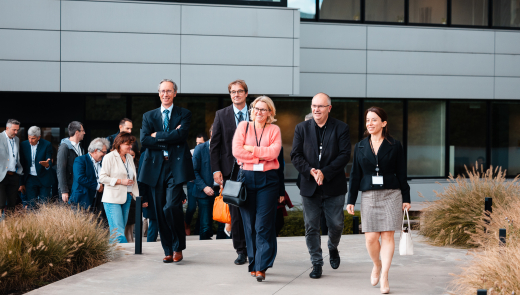Large-scale potential for green hydrogen in the Schelde-Deltaregion

The SDR partners Dow, Yara, Zeeland Refinery, PZEM, ENGIE, ArcelorMittal, Ørsted and the port company North Sea Port have investigated the potential of large-scale production and use of green hydrogen in the Schelde-Deltaregion. The conclusion: the region is extremely suitable. The research, carried out by Arthur D. Little, has mapped the possible locations and the system integration of large-scale electrolysis for green hydrogen production. Various locations in the port area of North Sea Port are suitable for large-scale electrolysis. The realization of four locations has already started energetically, including locations in Vlissingen, Rodenhuize and in Sluiskil, where Yara and Ørsted announced earlier this week that they would be working together.
Smart Delta Resources (SDR) is an international alliance of energy and resource-intensive companies in the Scheldt-Delta region that is committed to a sustainable future for industry. An example of SDR's concrete, innovative projects is the ambitious Hydrogen Delta program that focuses on large-scale production of green hydrogen. There are enormous opportunities here to phase out the existing natural gas-based hydrogen consumption and to reduce CO2 emissions (the current emissions from the SDR region amount to more than 22 Mtonnes per year). The region is the largest hydrogen producer and consumer in the Netherlands and Flanders. The production and demand for industrial hydrogen has a growth potential to more than 1.2 Mton / year in 2050, comparable to the total Dutch hydrogen production in 2020.
Ready for large-scale and rapid implementation
The study confirms that the region has a strong starting position for large-scale, rapid implementation of green hydrogen production. Current hydrogen consumption (580 ktonnes H2 / yr) in the region covers more than a third of Dutch industry. The close cooperation between industry, port and governments makes direct application of hydrogen as a raw material possible. The region already has a large-scale, flexible range of steam reformers (SMRs) to 'smooth out' non-continuous green hydrogen output from electrolysers. The oxygen produced during the electrolysis can also be sold locally at steel producer ArcelorMittal, Zeeland Refinery, Dow and Yara, among others.
High-quality infrastructure
The region is conveniently close to various renewable energy supplies. The rapid landing of offshore wind energy will give the region direct access to thousands of megawatts of wind energy (Borsele I-II-III-IV wind farm and possibly IJmuiden Ver Alpha). In addition, there is access to CO2-neutral electricity for the production of hydrogen through the nuclear power plant in Borsele. In addition, the region currently already has a high-quality gas / 380 kV electricity infrastructure in the Sloe area (Vlissingen) and Rodenhuize (Ghent) with cross-border possibilities for balancing electricity (Belgium and the Netherlands). In addition, there are excellent opportunities for connection to a national H2 backbone and for realizing a hydrogen hub in the port area of North Sea Port with opportunities for import, storage and transit of hydrogen.
Ambition for green energy and hydrogen cluster
At an early stage, the SDR region has opted for the development of the hydrogen transition path (SDR Roadmap 2018) and this has been made concrete in the Hydrogen Delta program. SDR wants to position the region as the largest green energy and green hydrogen cluster in the Netherlands, Flanders and Europe. SDR actively fulfills the climate ambitions of Europe in 2030 and wants to ensure a competitive, climate-neutral industry in the region by 2050. The ambition to remain an international leader in the industrial hydrogen economy needs support from regional and international governments: until 2030 it is it is not possible to produce cost-effective green hydrogen without subsidy.


